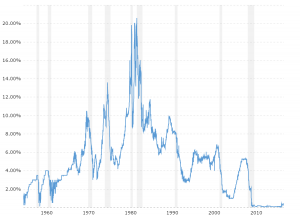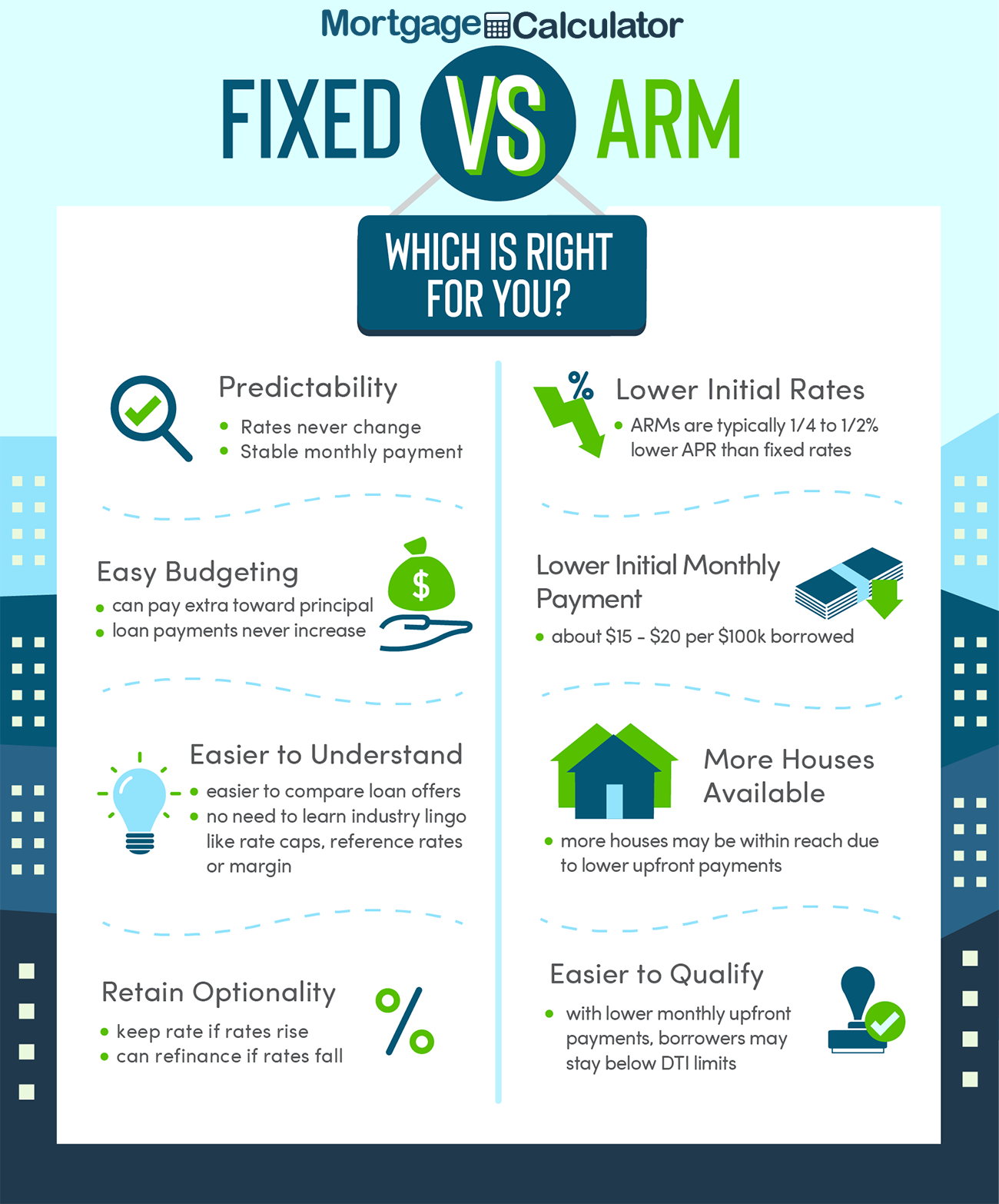Standard loan lending institutions tend to try to find ratings of 620 or higher. Debt-to-income ratio: DTI computes how much of your month-to-month earnings goes toward financial obligation, including your home loan payment. If you earn $6,000 a month and $2,400 approaches financial obligations and your mortgage payment, for example, then your DTI ratio is 40% ($2,400 is View website 40% of $6,000). The decision is based upon its qualities as well as recent sales of comparable properties in the area. The appraisal is essential due to the fact that the lender can not lend you a quantity higher than what the home deserves. If the appraisal can be found in lower than your offer amount, you can pay the difference between the evaluated value and the purchase cost at Learn here the closing table.
When you're purchasing a home loan, you're visiting two various rates. You'll see one rate highlighted and after that another rate labeled APR. The rate of interest is the cost for the lender to give you the cash based upon present market interest rates. APR is the greater of the 2 rates and includes the base rate as well as closing costs related to your loan, consisting of any costs for points, the appraisal or pulling your credit.
When you compare rate of interest, it is very important to look at the APR instead of simply the base rate to get a more complete image of total loan cost. Closing on your house is the last action of the genuine estate process, where ownership is legally transferred from the seller to the purchaser.
If you're buying a brand-new home, you likewise get the deed. Closing day typically includes signing a lot of documents. Closing costs, also known as settlement expenses, are costs charged for services that must be carried out to process and close your loan application. These are the charges that were estimated in the loan price quote and consist of the title fees, appraisal fee, credit report cost, pest inspection, attorney's fees, taxes and surveying charges, to name a few.
It's a five-page form that includes the last details of your home mortgage terms and expenses. It's an extremely important document, so be sure to read it carefully. Property compensations (short for comparables) are residential or commercial properties that resemble your home under consideration, with fairly the exact same size, area and amenities, and that have actually just recently been sold.
Your debt-to-income ratio is the contrast of your gross month-to-month income (prior to taxes) to your monthly costs showing on your credit report (i. e., installation and revolving debts). The ratio is utilized to identify how easily you'll have the ability to afford your new house. A deed is the real document you get when you close that says the home or piece of home is yours.
What Is A Hud Statement With Mortgages Things To Know Before You Get This
Earnest money is a check you write when a seller accepts your deal and you prepare a purchase arrangement. Your deposit reveals good faith to the seller that you're severe about the deal. If you eventually close on your house, this money approaches your down payment and closing costs.
In the context of your home mortgage, the majority of people have an escrow account so they do not have to pay the full expense of real estate tax or homeowners insurance simultaneously. Instead, a year's worth of payments for both are expanded over 12 months and gathered with your regular monthly home mortgage payment.
The FICO score was created by the Fair Isaac Corporation as a way for loan providers and creditors to evaluate the creditworthiness of a customer based upon an objective metric. Customers are evaluated on payment history, age of credit, the mix of revolving versus installment loans and how just recently they got new credit.
Credit history is one of the main elements in identifying your home loan eligibility. A fixed-rate mortgage is one in which the rate does not change. You always have the exact same payment for principal and interest. The only thing about your payment that would change would be taxes, house owners insurance coverage and association dues.

A house inspection is an optional (though extremely advised) step in your purchase process. You can work with an inspector to go through the house and recognize any prospective problems that may need to be addressed either now or in the future. If you discover things that require to be fixed or repaired, you can negotiate with the seller to have them fix the issues or discount the list prices of the home.
Additional costs may use, depending on your state, loan type and down payment quantity. Pay attention to the expenses listed in this file. A lot of the expenses and fees can't alter extremely much between application and closing. For instance, if the expenses of your actual loan change by more than a minimal amount, your loan quote needs to be reprinted.
See This Report about Who Took Over Washington Mutual Mortgages
Make sure to ask your lending institution about anything you do not comprehend. The loan term is merely the quantity of time it would take to pay your loan off if you made the minimum principal and interest payment every month. You can get a fixed-rate standard loan with a term of anywhere in between 8 thirty years.
Adjustable rate mortgages (ARMs) through Quicken Loans are based on 30-year terms. LTV is among the metrics your lender utilizes to determine whether you can certify for a loan. All loan programs have a maximum LTV. It's computed as the quantity you're obtaining divided by your house's https://karanaujlamusicickeg.wixsite.com/josueatio221/post/how-low-can-30-year-mortgages-go-things-to-know-before-you-get-this worth. You can think about it as the inverse of your deposit or equity.
If you're buying a house, there's an intermediate action here where you will need to find your house prior to you can formally finish your application and get funding terms. In that case, lenders will provide you a home mortgage approval stating how much you can manage based upon taking a look at your existing debt, income and possessions.
It includes information like the rates of interest and regard to the loan along with when payments are to be made. You may also see home mortgage points referred to as pre-paid interest points or home loan discount rate points. Points are a way to prepay some interest upfront to get a lower interest rate (how does chapter 13 work with mortgages).
125 points. Loan origination is the multistep process of getting a home mortgage which covers everything from the point when you initially apply through your time at the closing table. This is a work extensive procedure, so lenders generally charge a little origination charge as compensation. PITI refers to the components of your home mortgage payment: Your principal is the overdue balance on your loan at any offered time.

